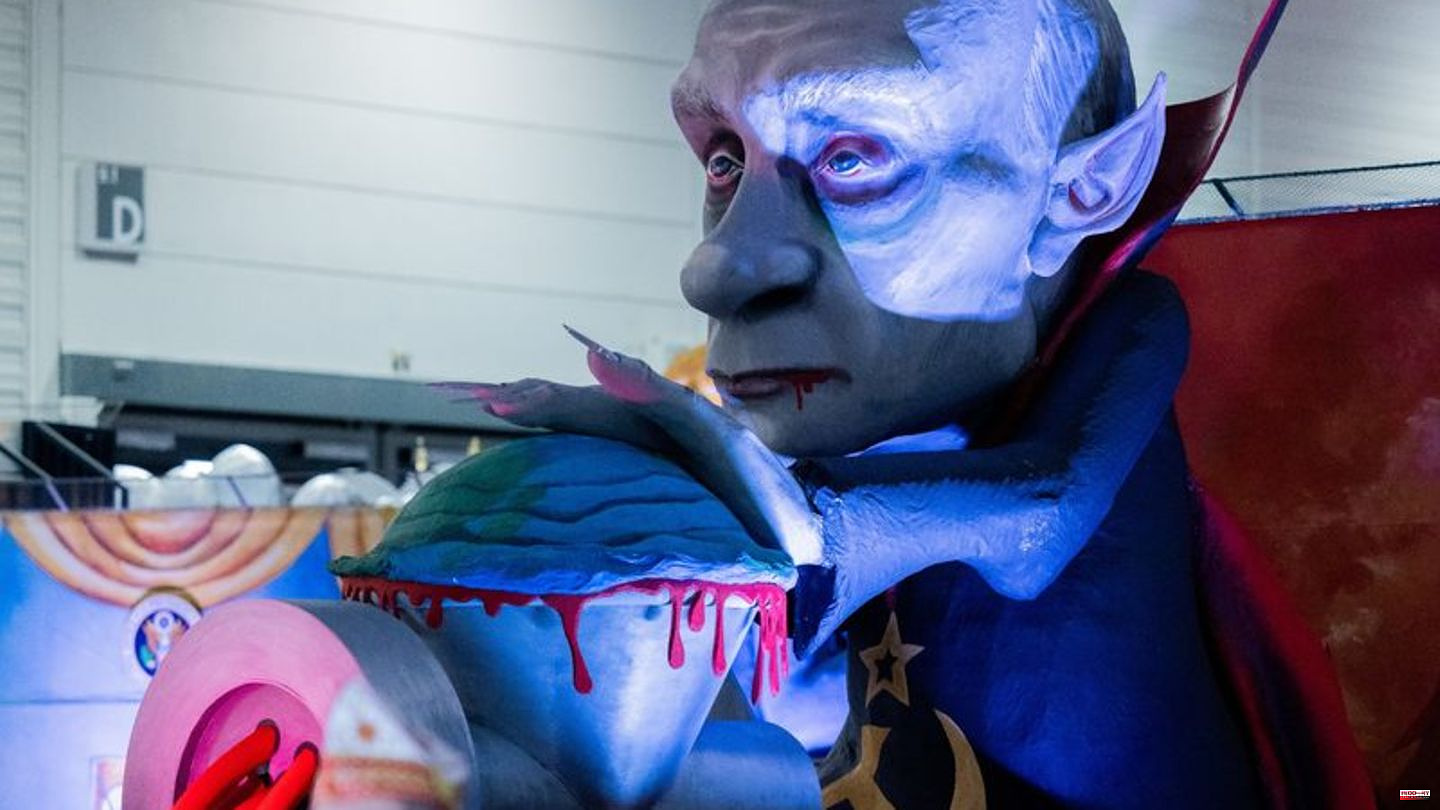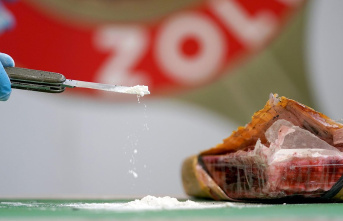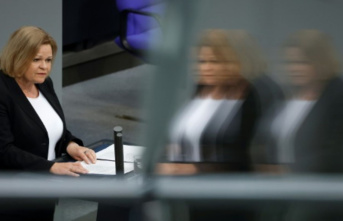For the first time in three years, a street carnival without corona restrictions begins on Thursday at Weiberfastnacht. In 2020, the carnival took place just before the first far-reaching lockdown measures were taken, but in some cases it had already contributed to the spread of the virus. In the following year 2021, the carnival was completely canceled. In 2022, Weiberfastnacht took place under 2G-plus conditions. These restrictions are now gone.
For the first time in three years, the Rose Monday trains are to roll again. In 2021 they had failed. Last year, Düsseldorf initially postponed its train to May due to Corona, but then canceled it. "The Ukraine war was one reason - but WDR's decision not to broadcast the train was just as relevant for us," said a spokesman for the Düsseldorf Carneval Committee. The city has also expressed concerns about the train.
On Shrove Monday in Cologne, instead of a carnival procession, there was a demonstration against the Russian war of aggression, and a quarter of a million people took part. Mainz had also canceled the train for the second time because of Corona. This year the Mainz Fastnacht has the motto: "In Mainz, Fastnacht stands for peace, freedom, tolerance!"
Experience personal closeness and community
Since the Ukraine war is raging on with the same severity, the question arises as to why everything is going on as usual this year. "The Corona period in particular has shown us all how important it is to experience personal closeness and community with other people," said the President of the Cologne Carnival Festival Committee, Christoph Kuckelkorn, of the German Press Agency. "The Cologne revelers don't just sway past the world's problems, they know very well how close joy and sorrow are to each other."
The Cologne triumvirate not only visit colorful meetings and balls, but also hospitals, welfare centers and hospices. The carnival should give people strength and give them a little break from everyday worries and hardships, said Kuckelkorn. "And so neither the terrible war in Ukraine nor the victims of the earthquake in Turkey and Syria will be forgotten. On the contrary: for us fools, the Zoch with its satirical jokes is the most important instrument for publicly pointing out and criticizing such abuses."
The Düsseldorf carnival wagon builder Jacques Tilly sees it similarly. "I think that in bad times you need good subversive satire, and the carnival really offers that en masse," said the designer and sculptor, whose cars often attract international attention, to the dpa.
Cabaret artist: "Certain melancholy always plays a role"
For the cabaret artist Bernd Stelter, the mixture of relief at the end of the Corona restrictions and concern about the Russian war of aggression against Ukraine this carnival season results in a special mixed situation. "I have the impression that people urgently need to be together again and be able to laugh," said Stelter (61) of the dpa. "But I don't think that's why people don't know what's going on around them. There are always moments of reflection. A certain melancholy always plays a role in this session."
The Cologne carnival is celebrating an anniversary this year: the city's Shrove Monday parade - the largest in Germany - is 200 years old. To celebrate the day, the Cologne revelers are crossing the Rhine for the first time. So far, the train has only ever moved in the left bank of the Rhine.












